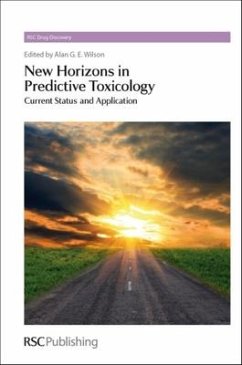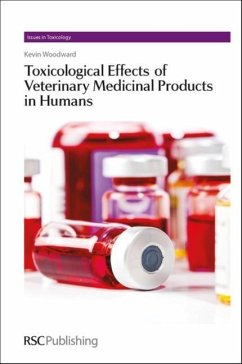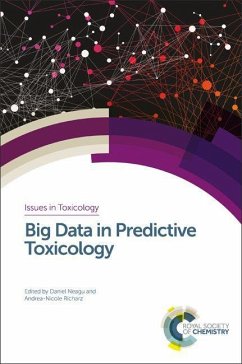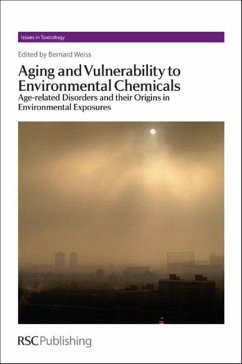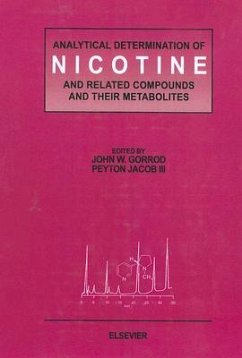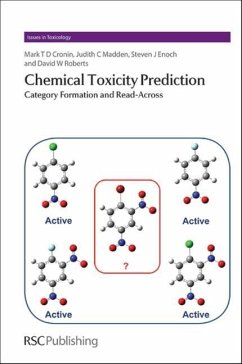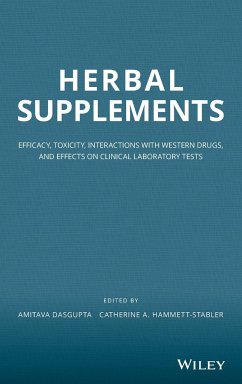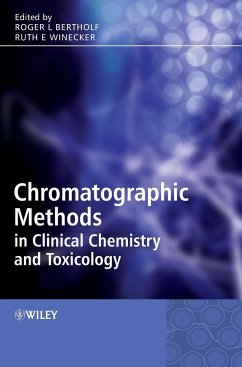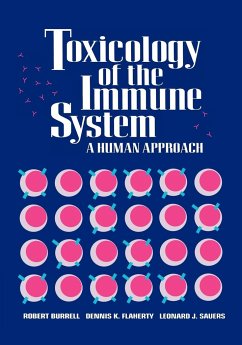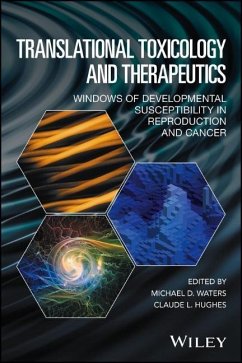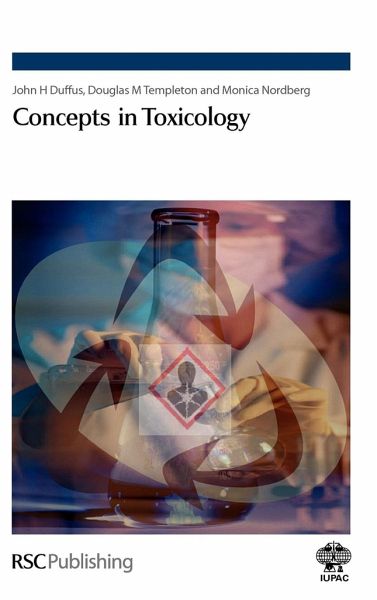
Concepts in Toxicology
Versandkostenfrei!
Versandfertig in über 4 Wochen
63,99 €
inkl. MwSt.

PAYBACK Punkte
32 °P sammeln!
Toxicology has never been more important. Advances in chemistry and technology, offering improvements in the quality of human life, have become ever more rapid, bringing with them the need for appropriate management to ensure that the benefits of new substances are not accompanied by problems of toxicity. Safe use of chemicals requires a common understanding of scientific terminology and of its usage, between scientists in related disciplines, between scientists and regulators, and between regulators and the public, at both national and international level. Concepts in Toxicology is a one-stop...
Toxicology has never been more important. Advances in chemistry and technology, offering improvements in the quality of human life, have become ever more rapid, bringing with them the need for appropriate management to ensure that the benefits of new substances are not accompanied by problems of toxicity. Safe use of chemicals requires a common understanding of scientific terminology and of its usage, between scientists in related disciplines, between scientists and regulators, and between regulators and the public, at both national and international level. Concepts in Toxicology is a one-stop reference for all those who now need to understand the fundamental toxicological concepts that underlie both the scientific development of the subject and its practical application in regulation and management of chemical safety. These concepts are often taken for granted by practitioners and the inherent assumptions are left unstated. This book provides full explanations of the meaning and use of toxicological terms chosen for their frequent occurrence in the literature and their importance in merging chemistry and toxicology. Concepts in Toxicology reflects current scientific knowledge and is designed to provide a readily available aid in responding to new demands from regulators for risk assessment and for the implementation of appropriate risk management to protect human health and the natural environment. Concepts in Toxicology should be an essential reference for anyone working in toxicology, chemicals management, or the implementation of legislation such as the new REACH (Registration, Evaluation, Authorisation and Restriction of Chemicals) Regulation now being implemented throughout the European Union. It will also help those concerned with the development of the Globally Harmonized System (GHS) that may eventually supersede REACH. The authors have written a text designed to be a guide to concepts in toxicology that are fundamental both to where the subject is today and where it is going tomorrow.





